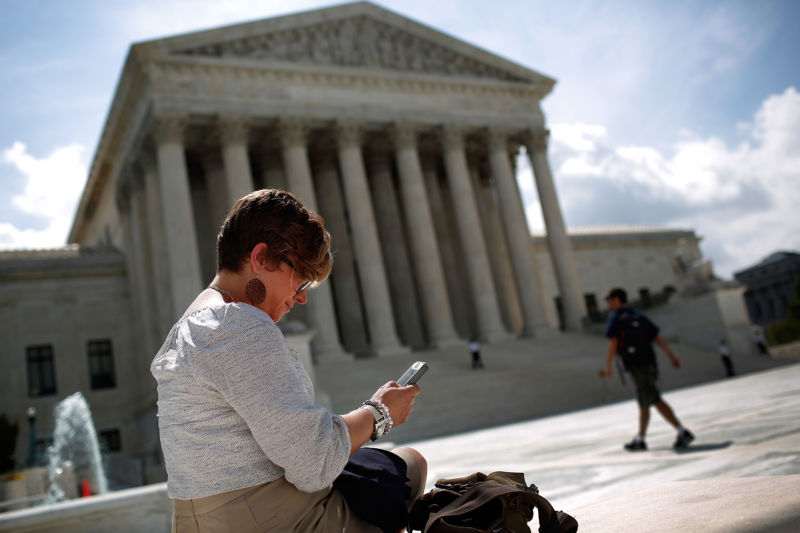
The companies, which include Apple, Google, and Microsoft among many others, argue that the current state of the law, which distinguishes between "content" (which requires a warrant) and "non-content" (which does not) "make[s] little sense in the context of digital technologies."
The amicus filing by dozens of law professors also concludes that the third-party doctrine "cannot support future application of the Fourth Amendment." The legal theory posits that individuals relinquish their privacy interest in data (like a call record or location data) to a third-party—so the government can access it with a court order rather than a warrant.
A third brief filed on behalf of dozens of academics, technologists, and researchers makes a similar argument: "The use of this information without adequate court supervision has the potential to profoundly unsettle legitimate expectations of privacy."
As Ars reported earlier, this case, Carpenter v. United States, involves a man convicted of six robberies in the Detroit area. Law enforcement was able to obtain 127 days of his cell-site location information without a warrant. The Supreme Court is now being asked to consider the question of whether this action is in violation of the Fourth Amendment.
Previously, lower courts have said that such practices are compatible with current law. But the fact that the Supreme Court agreed to hear the case suggests that at least four justices feel that perhaps the law should be changed.
The Supreme Court will likely hear oral arguments in the case in November.
reader comments
57